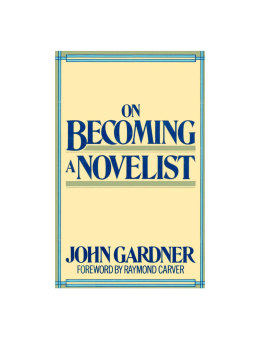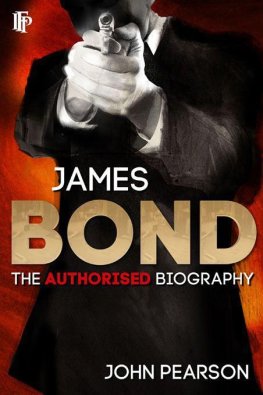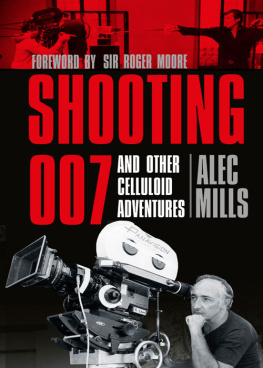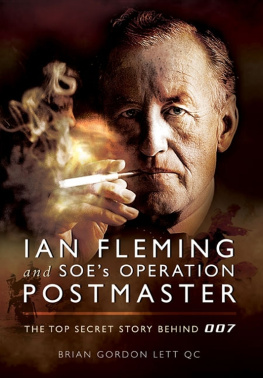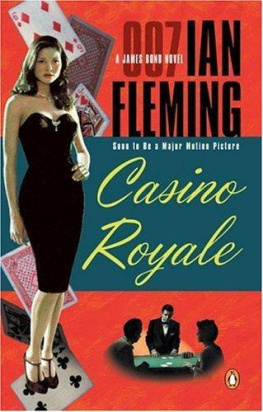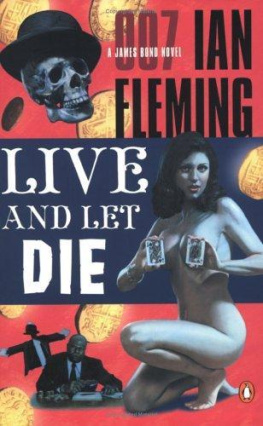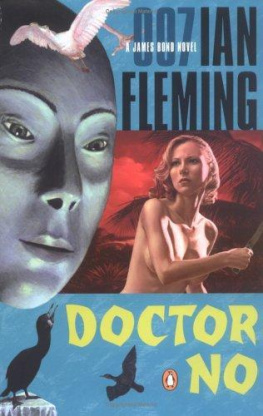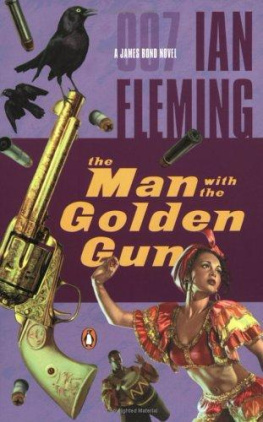
CHAPTER ONE
WEEK OF THE ASSASSINS
Father Paolo Di Sio had been annoyed from the moment His Holiness had made his wishes clear.
Di Sio had even argued with the Supreme Pontiff, not an unusual occurrence, for, as the Pope had been known to remark, `I seem to be a constant thorn in the side of my senior secretary.
Indeed, Father Di Sio was exceptionally anxious, and this was the final reason that only a very few members of His Holiness' entourage knew of the change of plan. For one day in fact for slightly less than fifteen hours the Pope would leave his lakeside summer residence at Castel Gandolfo, and travel back into the boiling cauldron that was Rome in the month of August.
The cause of Paolo Di Sio's annoyance was a combination of his devotion to the Pope and his feeling that the journey was quite unnecessary.
After all, the General could quite easily have come to Castel Gandolfo for the audience. Instead, His Holiness would be put under needless strain, and all for the sake of a military man whose ego would undoubtedly be greatly enlarged by the fact that the Pope had honoured him with a private audience at the Vatican, in the dog days of summer.
His Holiness viewed the matter somewhat differently. Generale Claudio Carrousso was not simply a military man, for in the past year the General had become arguably the most famous soldier in the world-except for General Norman Schwarzkopf.
Carrousso had served with great bravery during the Gulf War, gallantly leading one of Italy's squadrons of Tornadoes on dangerous low-level attacks against Iraqi targets.
On his return from the Gulf, the General had requested a year's sabbatical during which he wrote the book that was eventually to make him a household name: The Use of Air Power for Peace.
While the title was hardly the stuff of the bestseller lists, Carrousso's talent as an author was immediately apparent to military scholars and laymen alike. His style was a subtle cross between Tom Clancy and John le Carre', and book reviewers were quick to point out that he had done the impossible by bridging the gap between the dust-dry stuff of strategy, and the fast, grabbing pace of a technothriller. Six months after its appearance in the original Italian, The Use of Air Power for Peace had been translated and published in eleven languages, and was topping the non-fiction lists in as many countries.
His Holiness recognized the General as a mover and shaker for world peace, and, as such, felt that the military man should be openly acknowledged by the Church as an exceptional power for good in this wicked world.
So it was, that, despite the scoldings of advisers, the Supreme Pontiff made the journey into Rome on a hot August morning, and met for a full hour with Generale Claudio Carrousso in the private Papal apartments in the Vatican.
It was a little after two-thirty in the afternoon, that the General emerged from a private door in the heart of Vatican City, and joined his ADC and a Vatican security officer.
Purposely, the General's party had been led from a side door into the warren of streets behind St Peter's, where only specifically authorized vehicles were allowed along the narrow road.
Though the roar of Rome's normal snarl of traffic could be clearly heard as they waited for the General's car, they could have been in a different city, and at a different period of history. Within the walls of the Vatican, as Carrousso said, time seemed to stand still. So, as they waited in this strange time warp, the General spoke, in an awed voice, of the saintliness of the Pope, and his surprising knowledge of military matters.
The small group only vaguely heard the popping sound of the motor scooter, though the General himself glanced up and saw the slightly amusing sight of a nun, in full habit, approaching, sitting straight-backed on a puttering scooter, followed, at what seemed to be a respectful distance, by his own official car.
The General picked up his briefcase, looking past the nun towards his car with the red and blue pennants fluttering in the sun. For him, this had been a great and memorable experience.
Only the Vatican security officer stood frozen with a sudden concern, staring at the nun. Very few religious societies for women still wore the full-length black habits of their order, and the man realized just how much of an anachronism this figure really was, dressed in a style which had long disappeared as outmoded.
As his brain processed the information, he saw, with a sudden horror, that the nun on a motor scooter was certainly not what she seemed. Her robes were of the kind only seen nowadays in historical movies, or on actresses playing medieval nuns on the stage.
None of them saw the nun's face, though the security officer cried out a warning, just as the scooter came abreast of the three men. The nun swivelled on the small saddle, the wicked snout of a machine pistol poking, almost invisible, from the folds of her habit.
Later, the forensic specialists would identify' the weapon as a standard 9 mm Uzi machine pistol, but by then it mattered little to the General. The nun fired three short, accurate, and deadly bursts, proving that she was a markswoman of great skill.
The Uzi was fitted with some kind of noise-reduction system, so that its soft ripping noise was almost drowned by the popping of the motor scooter. By the time she had disappeared, the General lay dead, and his two companions writhed in agony from neatly placed flesh wounds, their blood soaking the pavement.
There was no doubt that the General had been the principal target, for it was no accident that his ADC and the Vatican security officer had simply been immobilized, and not mortally wounded. In all, the killing of Generale Claudio Carrousso had been immaculately planned, and expertly carried out.
The newspapers, naturally, had a field day.
MURDER IN THE VATICAN and GENERAL ASSASSINATED, screamed from the front pages, while experts on terrorism named at least three possible pro-Iraqi terrorist groups as the most natural perpetrators.
The second assassination took place on the following day, in London.
The Honourable Archie Shaw MP was one of the country's favourite politicians, a possible reason why he had never attained any truly powerful government appointment. Certainly he was a member of the present prime minister's Cabinet, but only as Minister for the Arts, a job which kept him well clear of making life or death decisions for either his country's, or party's, home and foreign policies.
None the less, Archie Shaw was a true lover of the Arts, and fought tooth and nail for larger government subsidies in matters which fell within his bailiwick: a fact which made him the particular darling of actors, directors, musicians, painters, and all others concerned with what they saw as the United Kingdom's primary export: theatre, music, ballet, opera, and the like.
On that August Monday, Archie Shaw lunched at `Le Chat Noir', his favourite restaurant in Chelsea. With him were his wife, the' dazzling Angela Shaw, and two internationally famous theatre directors. Later the public learned that the conversation had concerned an attempt to inject massive sums of money into the country's now non-existent movie industry. It was a scandal, Archie had said towards the end of the meal, that Britain, once a prime movie-making country, had been denuded of the facilities which at one time had drawn directors and actors from all over the world.
The lunch finished at exactly three o'clock.
Farewells were said on the pavement outside the restaurant, and `The Archie and Angela Show -as they were commonly referred to in the Press walked slowly to their car which had been parked in a side street some five minutes away.
Next page






